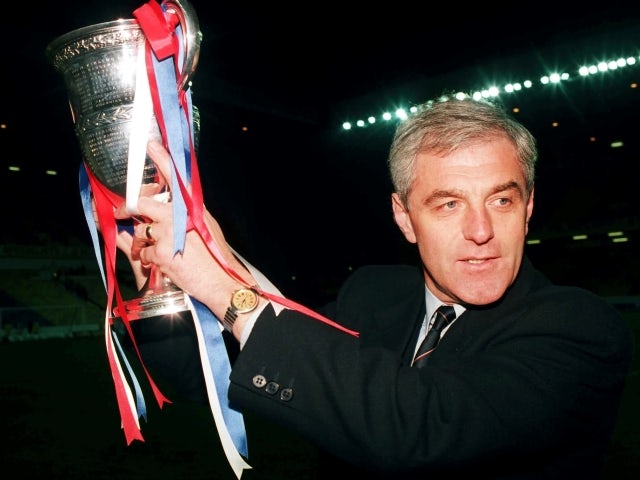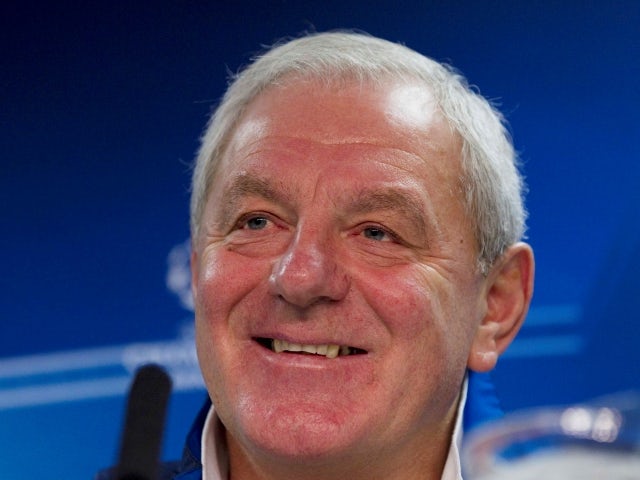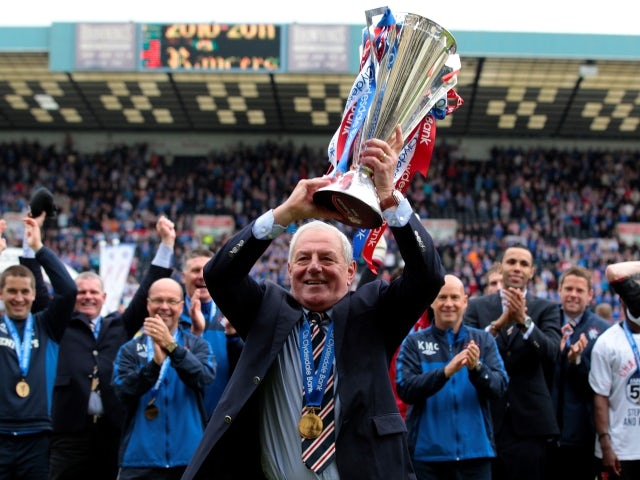On Tuesday morning, the footballing world was deeply saddened to hear of the passing of former Scotland and Rangers manager Walter Smith, who died at the age of 73.
In two spells at Ibrox, Smith led the Gers to 21 major trophies, including 10 Scottish Premiership titles, making him the second most successful manager in the club's history behind Bill Struth.
Announcing the news in a statement on the club's official website, Rangers chairman Douglas Park said: "It is almost impossible to encapsulate what Walter meant to every one of us at Rangers.
"Walter will be sorely missed by all of us... for Rangers supporters, he was much more than just a football manager. Walter was a friend to many, a leader, an ambassador and most of all – a legend."
The likes of Sir Alex Ferguson, Sir Kenny Dalgleish, Graeme Souness and Ally McCoist led tributes to 'Wattie', with the former stating that "his contribution to football was immense".
Here, Sports Mole takes a look at Smith's hugely-successful football career as a player, manager and chairman.
 © Reuters
© Reuters
Born in the town of Lanark, Smith grew up in the Carmyle suburb in the East End of Glasgow and was a boyhood supporter of Rangers.
The central defender's playing career began in March 1967 with Dundee United, where he made 183 appearances in two spells either side of two campaigns with Dumbarton. It was during his second spell at Tannadice where Smith eventually ventured into coaching and became assistant manager under Jim McLean.
Between 1978 and 1986, Smith's first managerial jobs were with Scotland's Under-18s and Under-21s sides, whom he helped to win the European Youth Championship in 1982 and the 1986 Mexico World Cup.
When Graeme Souness was appointed player-manager of Rangers in April 1986, Smith accepted his offer to become assistant. The pair enjoyed a successful five-year period in the dugout, guiding the Gers to three top-flight titles and four League Cups, before Souness left Ibrox to join Liverpool in 1991, which saw Smith promoted to first-team manager.
 © Reuters
© Reuters
Six more titles in succession followed for Rangers under the tutelage of Smith in the 1990s, including an impressive domestic treble during the 1992-93 campaign, the same season in which the Gers narrowly missed out on a place in the Champions League final. Rangers went ten games without defeat during their European campaign as well as 44 matches unbeaten across all competitions.
Rangers equalled Celtic's record of nine successive top-flight titles in 1996-97, however a disappointing start in Europe the following campaign pilled pressure on the Scotsman, who eventually left the club at the end of the season to join English Premier League side Everton.
Smith endured a difficult four-year spell in the dugout at Goodison Park, finishing in the bottom half of the table for four consecutive seasons. The Toffees' hierarchy decided to relieve Smith from his duties in March 2002, replacing him with fellow Scotsman David Moyes.
 © Reuters
© Reuters
After a two-year break from football, Smith had a brief spell with Sir Alex Ferguson as his assistant coach at Manchester United, before he was appointed manager of the Scottish national team in December 2004.
Scotland's FIFA world ranking improved by 70 places during Smith's tenure, however he was unable to guide the Tartan Army to the 2006 World Cup. The Lanark-born manager resigned from his post in January 2007 and returned to Rangers, where he managed for another four more years.
Smith's return to Ibrox was a hugely successful one, leading the Gers to three more Premiership titles, three League Cups, two Scottish Cups and also a UEFA Cup final, which they lost 2-0 against Russian giants Zenit St Petersburg.
His historic 10th and final title triumph with Rangers was secured on the final day of his last season at the helm, winning 5-1 against Kilmarnock in 2011. Two years later, the Scotsman was appointed the club's non-executive chairman, but resigned after just three months in the role.
Tributes for Walter Smith will be paid before Wednesday night's game between Rangers and Aberdeen at Ibrox, to salute the memory of a legendary figure in Scottish football.








